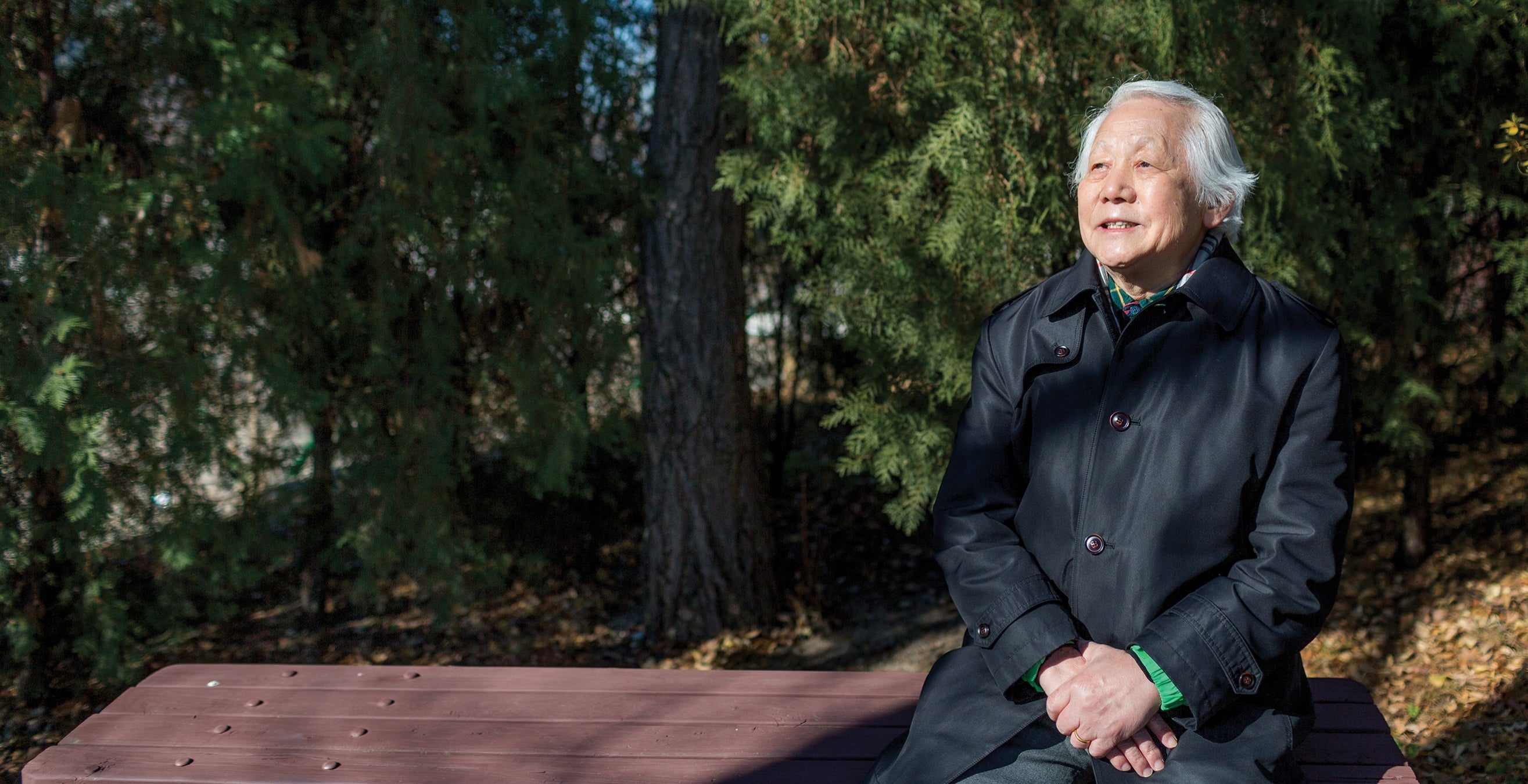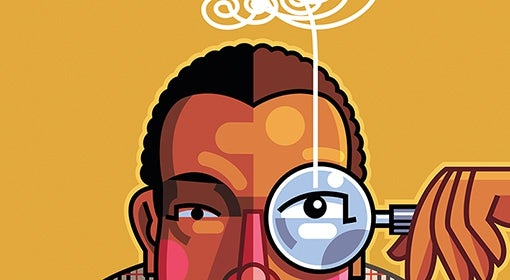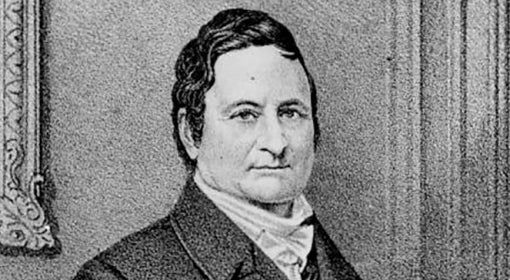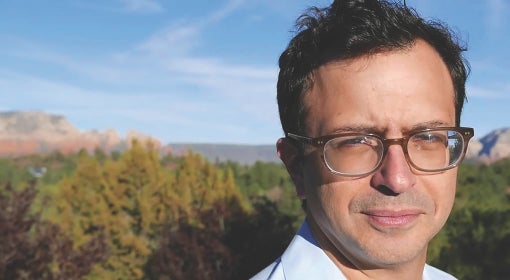The phone call came like it always did: without any warning.
It interrupted the diplomat’s reading, and when he put the phone down, he didn’t have a lot of time. Government officials were telling him it was time to go. He scurried to pack clothes, shoes, and his hairbrush. He grabbed his attaché case, the one already stuffed full of confidential documents, and rushed off to the airport in the purple glow of the evening.
It was not uncommon in the early ’90s for Byong Hyon Kwon to quickly jet into Beijing or Hong Kong under the blanket of darkness. The South Korean ambassador’s diplomatic missions were of such a sensitive nature that they had to be conducted in secret. Even his wife did not know where he was going. There were times he did not know either.
“I felt like 007,” he recalls of the years of classified discussions and meetings.
Kwon was trying to do what had not been possible for a thousand years—reset and cool down a highly contentious political and trade relationship between the Republic of Korea (commonly known as South Korea) and its neighbor, the People’s Republic of China.
Ultimately, Kwon and his team were successful. When relations were formally established in 1992, people and commerce began to flow more freely between the two countries, fueling growth in Kwon’s homeland and throughout Asia. South Korea’s annual trade volume grew from $4.4 billion to more than $300 billion, with China now its number one trading partner. Before normalization, there were few flights into China; today, there are more than 1,000 each week.
Kwon is one of the many architects of modern South Korea, visionaries who sought paths to a better future. The University of Pittsburgh played an essential role in his way forward.
“Today, I do work for Korea, for China. Because of Pitt, I’ve transcended national interests,” says Kwon. “I’m working for the good of the world’s citizens.”
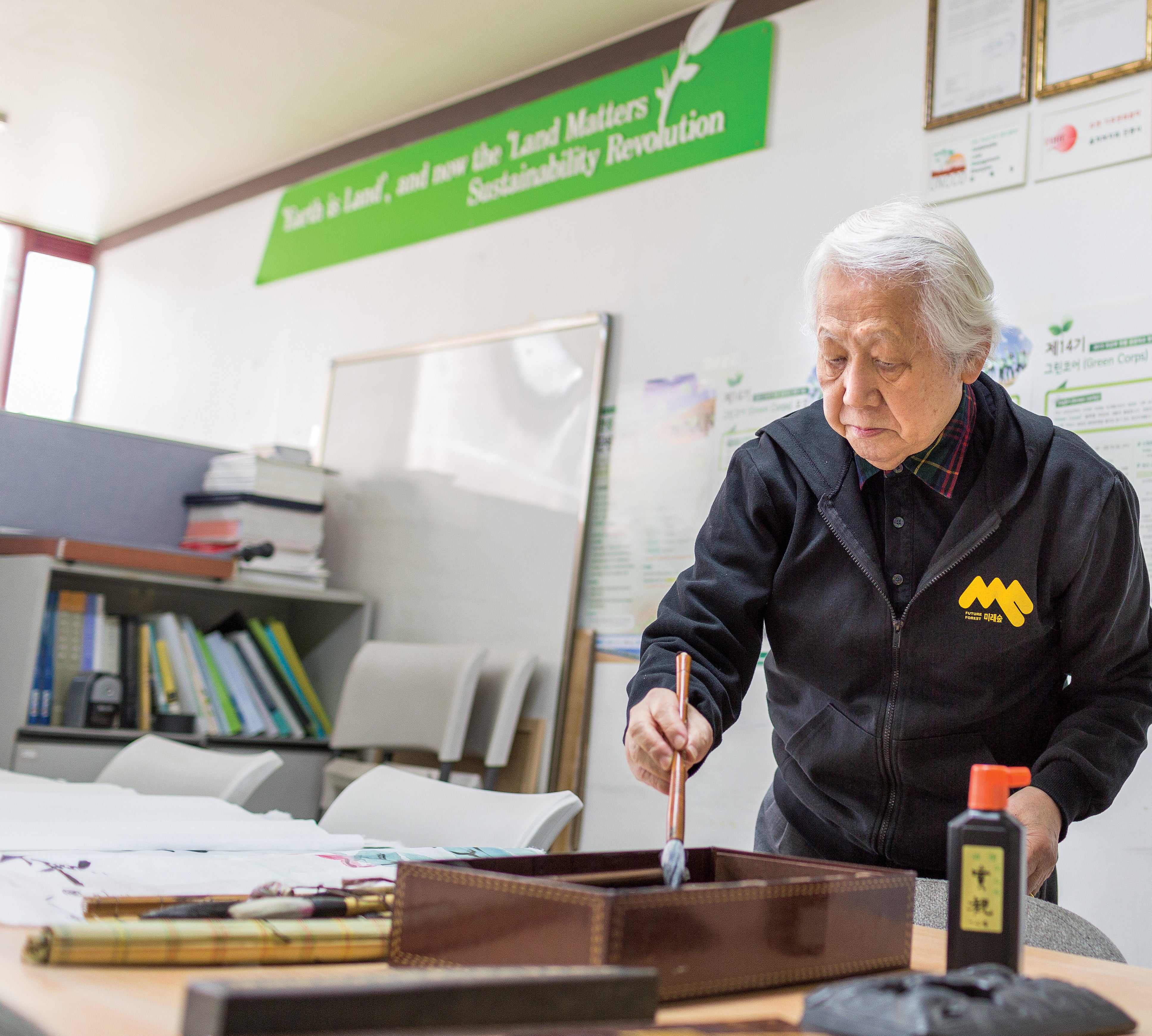 Green pastures blurred by as the Greyhound bus rumbled west over miles of highway. Kwon watched from his seat as Pennsylvania spread out beyond the windows. He envisioned the opportunity and adventure that awaited in the industrial city and the leafy urban home for the next year. In his preparations to leave South Korea in the spring of 1967, he had purchased new clothing. A necktie and white button-down shirt would replace his traditional shirt, a loose, wide-sleeved top. He wanted “to look Western” as he attended classes at the University of Pittsburgh’s Graduate School of Public and International Affairs (GSPIA).
Green pastures blurred by as the Greyhound bus rumbled west over miles of highway. Kwon watched from his seat as Pennsylvania spread out beyond the windows. He envisioned the opportunity and adventure that awaited in the industrial city and the leafy urban home for the next year. In his preparations to leave South Korea in the spring of 1967, he had purchased new clothing. A necktie and white button-down shirt would replace his traditional shirt, a loose, wide-sleeved top. He wanted “to look Western” as he attended classes at the University of Pittsburgh’s Graduate School of Public and International Affairs (GSPIA).
In the United States, Kwon was thousands of miles from his home country and even farther from the world of close-knit rice and cow farmers that he grew up in. He was born in 1938 in the village of Jinkyo. A precocious little boy, he rose with the dawn and waded through cow dung to feed the family’s herd before he headed to school. He excelled in language and math, and when classes were over, he came home to help his parents in the paddy fields and vegetable garden before studying into the night.
When Kwon was growing up, “Korea was beginning to emerge from a rigid caste system that offered little advancement for rural people,” says Pitt Professor Seung-hwan Shin, a native of South Korea who teaches Korean film and culture. “It was a time when farmers’ sons and grandsons were expected to stay in the local community: to be rice farmers, local teachers, or local administrators in their village societies.
But Kwon’s father, who was educated during the Japanese rule of Korea, had other plans for his eldest son. Before the boy started school, his father hand-wrote textbooks to teach his son the basics of astrology, geology, history, and humanity. The early home-schooling provided the scaffolding to Kwon’s highest aspirations.
To get there, he had to survive the Korean War, a bloody conflict that raged from 1950 to 1953. It killed more than 3 million people, including an estimated 1 million South Korean civilians, and battered the livelihoods of Kwon, his family, and thousands of others.
Waged between North Korea (aided by the Soviet Union and China) and South Korea (aided by United Nations forces led by the United States), the war transformed the region, scorching the agrarian way of life in the South. In its aftermath, millions headed to the cities.
“The push into the cities laid the framework that transformed not only individual lives but the broader society, too.” Explains Shin. “Those who came were strivers, in search of economic opportunities and better days ahead.”
Kwon was one of those who pushed toward a new way of life. In 1958, the war had been over for five years, and the 20-year-old left his village to attend the prestigious law school at Seoul National University in the country’s capital.
Every year, Kwon’s father sold a cow to cover his son’s tuition, opening for him a new and exciting world. The lectures, the huge library, the conversations with scholars. The law student soaked it in.
By the end of Kwon’s four years of study, he chose a career path that would allow him to aid the public and expand his horizons. He took the exam to serve in his government’s public administration and, after scoring the highest grade, went to work in the foreign service. To better prepare him for the high-level international work to come, the South Korean government sent him to the United States to study. He took his first international flight to New York and set off on the next improbable leg of his life’s journey.
Pittsburgh was foreign to the farmer’s son, but he grew to love it. Kwon was impressed by the tall, stately Cathedral of Learning, and enthralled by his course work at GSPIA. American culture held its appeal, too. Every Sunday he went to Pittsburgh Pirates games at Forbes Field. His 45-cent tickets got him close to his heroes, Roberto Clemente and Willie Stargell. Every Thursday evening, he would go downtown to the symphony.
Kwon came to the University of Pittsburgh with one other South Korean foreign service officer. At the time, in the 1960s, a politically and economically battered South Korea was still recovering from war. A collaboration was forged with the United States to help educate some of its government workforce at top American institutions like Pitt. Nonprofit organizations like the Asia Foundation and Overseas Development Assistance focused on advancing countries like South Korea. What began as a trickle of Korean students arriving at Pitt would grow over the decades, thanks, in part, to the University’s reputation and sustained assistance from industry and philanthropy.
By the time Kwon and his fellow officer reached Pitt’s Oakland campus, they had already been in the United States for three months, studying at the United Nations in New York City and taking English classes at Columbia University. But at Pitt, they found a fount of resources. It was a place where they could openly debate the temper of the times: the death of Martin Luther King Jr., the Vietnam War. “The consciousness of these movements,” says Kwon, “and the ideas discussed in class taught me to be a global leader.”
Furthermore, GSPIA, close to celebrating its first decade, already had a reputation for excellence in teaching public service. Kwon valued his relationships with his professors and immersed himself in his studies, acquiring critical skills in negotiation and conflict resolution. He pursued a master’s degree in international affairs, and Kwon, says, GSPIA provided him “with top-notch professional diplomacy preparation” and the inspiration to be a “global citizen.” He focused on two key issues that would later play important roles in his 50-year diplomatic career: foreign aid and foreign relations.
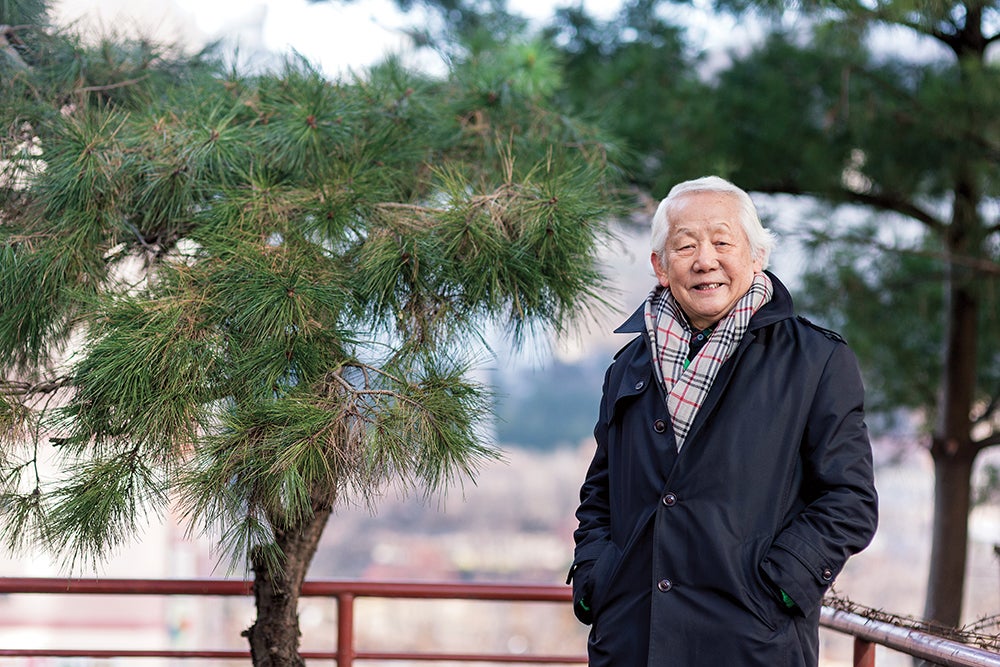 Loaded with knowledge, inspiration, and a Pitt master’s degree, Kwon began his diplomacy service with the Korean Consulate General in Los Angeles. After returning to South Korea in 1972, he rose through a succession of important diplomatic positions that fostered better relations with Japan, Thailand, and Myanmar.
Loaded with knowledge, inspiration, and a Pitt master’s degree, Kwon began his diplomacy service with the Korean Consulate General in Los Angeles. After returning to South Korea in 1972, he rose through a succession of important diplomatic positions that fostered better relations with Japan, Thailand, and Myanmar.
But the diplomat had always been fascinated with China. It was a nation that had deeply influenced South Korea, but hostilities from the Korean War had virtually shut down any dialogue. Yet Kwon Believed that the relations could be warmed.
In South Korea, his studies of China were limited, but at Pitt, nestled in an environment of academic curiosity, worlds of literature and research on China were open to him. The young foreign-service worker “devoted” himself to this scholarship, and it allowed him to engage in one of the most important diplomacy shifts in his nation. By the early 1990s, he was head of the South Korean delegation that led the highly clandestine meetings to begin dialogue for normalization of relations with China.
As the country strengthened economically, Kwon made the policy recommendation to create the Korean Overseas International Cooperation Agency, which provided aid to countries in need. With help from Kwon’s innovative vision, South Korea became one of the first former aid-receiving nations to become an aid-giving nation.
After decades of high-level work, Kwon stepped away from diplomacy, his once coal-black hair turned white. What had not changed was his passion to make a positive difference. His office, once filled with scores of honors for his governmental service, is now filling up with recognitions for his work with Future Forest, an environmental effort he began to help China green up.
The goal is to plant a billion tress, or nearly 30,000 acres of forests. Most everything in his life centers around green now—even his computer screen is emerald. Above his desk is a sign: Land is Life.
Kwon has helped plant more that 22 million trees in six desert areas of China, and his Future Forest has planted more than 8 million trees at the Great Green Wall, a project designed to windbreak the advancing sands of China’s desertification. Now, when he’s out in the desert planting trees, or reflecting on his diplomatic breakthroughs, Kwon sometimes thinks back on his days in the cow fields and his time at Pitt.
Few had imagined the farmer’s son would take such a journey.
“I was nobody,” he says. “I am now somebody.”
Kwon was part of the first wave of South Korean students at Pitt. Today, South Korea has a large and organized Pitt alumni base. Its members include leaders in education, technology, government, the private sector, nursing, and public health. They are part of the colossal effort that turned the world’s second-poorest nation into the 11th largest economy—in just three decades.
These individuals were not only influenced by the University but also helped—and continue to help—shape Pitt. Decades of collaboration have led to valuable exchanges of ideas and resources. At Pitt, there’s the recently established Korean Heritage Classroom and the forging of partnerships with some of South Korea’s most prominent institutions of higher learning, including Seoul National, Yonsei, and Korea universities.
“Global partnerships with innovative countries like South Korea have played a central role in the University of Pittsburgh’s transformation into a world leader in education and research,” says Chancellor Patrick Gallagher. “We look forward to continued collaborations with Korean students, scholars, and institutions that will help advance our University’s mission of leveraging new knowledge for all of society’s gain.”
Byong Hyon Kwon is just one University of Pittsburgh alumnus who channeled his new knowledge to build a more hopeful future for South Korea. Raised in the shadow of war and sweeping social transformations, these students sought further advancement at esteemed U.S. universities like Pitt. What Kwon and those who soon came after him researched, learned, and observed at the University would help reshape the educational, social, economic, diplomatic, and cultural contours of their lives and their home country. Cow herders became cutting-edge diplomats. Elementary school tutors became leaders of elite national universities. Sons of peasants became counselors to presidents. Their migrations, to Pitt and back to South Korea, highlight their journey of moving from ordinary to extraordinary.
Read more here.
Opening image: Byong Hyon Kwon
This article appeared in the Winter 2018 issue of Pitt Magazine.

